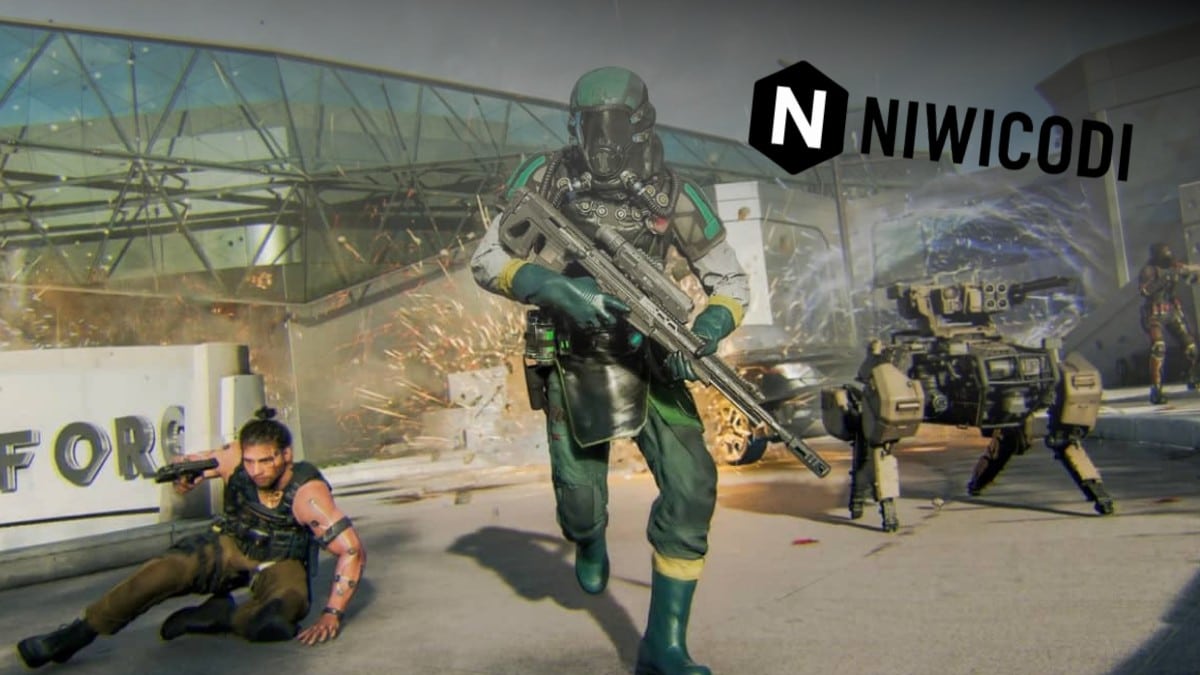In the latest installment of Call of Duty: Black Ops, we’re not just revisiting a familiar battlefield; we’re stepping into a landscape where time has weathered both faces and narratives. The opening scene sets a somber tone with Milo Ventimiglia paying tribute to Frank Woods—a character whose legacy has spanned multiple games. This signals a shift in storytelling, inviting players to reflect on the passage of time and the evolution of warfare.
A New Chapter in a Familiar Saga
Call of Duty: Black Ops 7 isn’t just another entry in the franchise; it’s an exploration of how history, both personal and global, shapes conflict. The game picks up four decades after the events of Black Ops 6. Characters have aged, stories have matured, and the consequences of past actions linger in the air like smoke from Ventimiglia’s cigar.
The developers cleverly use this time jump to delve deeper into character development. Troy Marshall, once a vibrant force in the previous installment, is now depicted as an elder statesman—his white hair and walking stick serving as visual reminders of the relentless march of time. This aging theme is more than just a narrative device; it adds layers to gameplay by offering players a chance to engage with characters who have lived through decades of tumultuous history.
Technically, the game leverages advanced graphics engines to bring these aged characters to life with stunning realism. The attention to detail in rendering wrinkles and expressions speaks volumes about how far gaming technology has come. It’s not just about shooting mechanics anymore; it’s about creating an immersive experience where players can feel the weight of years. To read Ubisoft delays earnings call at last minute amid trading halt
But it’s not only about nostalgia and reflection. The gameplay itself has evolved alongside its characters. New mechanics are introduced that reflect modern warfare tactics, yet they are delivered with a nod to the series’ roots. This balance between innovation and tradition is what keeps Black Ops relevant in an ever-evolving gaming landscape.
While many franchises struggle with maintaining relevance over time, Call of Duty manages to do so by embracing change without losing sight of what made it iconic in the first place. It’s a lesson in adaptability, one that resonates with both gamers and developers alike.
As we dive deeper into this new chapter, there’s an underlying question that emerges: How will these seasoned characters handle new conflicts? And as players, how will we adapt our strategies to navigate this rich tapestry of past and present? In exploring these questions, Black Ops 7 invites us not just to play, but to ponder the nature of legacy itself.


